Thursday, October 18, 2007
Protect human rights and the environment by regulating Canada's extraction industries
Attn: Toronto Burma Roundtable
We represent a group of volunteer activists in Toronto trying to raise awareness of the necessity of implementing government regulations of Canadian extraction companies operating abroad. This includes mining, oil and natural gas extraction.
We spoke breifly at the first Free Burma rally at City Hall, referring to Barrick Gold. We would like to speak with the Toronto Burma Roundtable representatives about urging the Canadian government to change the law with regard to mining and oil interests. This would represent a positive step towards isolating the military junta in Burma, who depend on funds from the mining corporations. Apparently, they were given 50% of a joint venture with Ivanhoe.
Now Ivanhoe has apparently suspended its operations in Burma temporarily, but in order to effect a permanent solution -- meaning getting that company out of Burma permanently -- Canada needs to enforce international human rights and environmental standards of Canadian companies operating abroad. The most relevant document to refer in this regard to is the Halifax Initiative. See http://www.halifaxinitiative.org/dirtypractices/ For an overview of Ivanhoe and Burma see http://www.miningwatch.ca/index.php?/Burma
We know that the Harper government is not likely to change the law willingly, since that government is openly cooperative with Barrick and the open-pit mining industry. The mining industry favours voluntary (not mandatory) compliance with human rights laws. What this really means is that they are interested in ignoring those laws as much as they can. The claim of voluntary "corporate social responsibility" is, in our opinion, really a way of skirting the law. That is why regulations as suggested by participants in the Halifax Initiative are necessary.
The opposition leaders in Ottawa can demand a change in the law and make this a platform issue vis-a-vis the question of Burma. Pushing through government regulation in Canada will hurt the dictatorship by requiring that Canadian companies not do business in Burma while the illegal regime is in power. Along with an arms embargo, there is no better way to non-violently disempower this regime than by taking away their sources of funding. This would not only go a long way towards solving the problem in Burma, by helping to cut off support for the military who profit from unsustainable extraction industries, but it would also help tens of thousands of people in other countries, such as Chile, Ecquador, South Africa, Phillipines, etc. Currently 60% of the world's major mining corporations are in incorportate in and have head offices located in Canada. Oil extraction and refining is another major source of pollution that needed law reform would address. These industries not only pollute local environments; they also add to global warming through CO2 emissions. Much good would be served by regulating them.
It is also important to note, in a few words, why open-pit mining is problematic. It uses up all the fresh water in a region, depriving local farmers and villagers of needed water, and it produces toxic mine tailings which then poison the region and the local people, with horrible results. The employment provided by the mines is temporary and dangerous and not worth the health risks and environmental damage.
We were glad to see that Jack Layton and Olivia Chow are involved. Perhaps they can bring this matter up in Parliment: specifically the need to impose mandatory regulations on Canadian extraction industries operating abroad in accordance with the recommendations in the Halifax Initiative. This would be a concrete way of dealing with the military regime.
Sincerely, Paul York and Pieter Basedow
We represent a group of volunteer activists in Toronto trying to raise awareness of the necessity of implementing government regulations of Canadian extraction companies operating abroad. This includes mining, oil and natural gas extraction.
We spoke breifly at the first Free Burma rally at City Hall, referring to Barrick Gold. We would like to speak with the Toronto Burma Roundtable representatives about urging the Canadian government to change the law with regard to mining and oil interests. This would represent a positive step towards isolating the military junta in Burma, who depend on funds from the mining corporations. Apparently, they were given 50% of a joint venture with Ivanhoe.
Now Ivanhoe has apparently suspended its operations in Burma temporarily, but in order to effect a permanent solution -- meaning getting that company out of Burma permanently -- Canada needs to enforce international human rights and environmental standards of Canadian companies operating abroad. The most relevant document to refer in this regard to is the Halifax Initiative. See http://www.halifaxinitiative.org/dirtypractices/ For an overview of Ivanhoe and Burma see http://www.miningwatch.ca/index.php?/Burma
We know that the Harper government is not likely to change the law willingly, since that government is openly cooperative with Barrick and the open-pit mining industry. The mining industry favours voluntary (not mandatory) compliance with human rights laws. What this really means is that they are interested in ignoring those laws as much as they can. The claim of voluntary "corporate social responsibility" is, in our opinion, really a way of skirting the law. That is why regulations as suggested by participants in the Halifax Initiative are necessary.
The opposition leaders in Ottawa can demand a change in the law and make this a platform issue vis-a-vis the question of Burma. Pushing through government regulation in Canada will hurt the dictatorship by requiring that Canadian companies not do business in Burma while the illegal regime is in power. Along with an arms embargo, there is no better way to non-violently disempower this regime than by taking away their sources of funding. This would not only go a long way towards solving the problem in Burma, by helping to cut off support for the military who profit from unsustainable extraction industries, but it would also help tens of thousands of people in other countries, such as Chile, Ecquador, South Africa, Phillipines, etc. Currently 60% of the world's major mining corporations are in incorportate in and have head offices located in Canada. Oil extraction and refining is another major source of pollution that needed law reform would address. These industries not only pollute local environments; they also add to global warming through CO2 emissions. Much good would be served by regulating them.
It is also important to note, in a few words, why open-pit mining is problematic. It uses up all the fresh water in a region, depriving local farmers and villagers of needed water, and it produces toxic mine tailings which then poison the region and the local people, with horrible results. The employment provided by the mines is temporary and dangerous and not worth the health risks and environmental damage.
We were glad to see that Jack Layton and Olivia Chow are involved. Perhaps they can bring this matter up in Parliment: specifically the need to impose mandatory regulations on Canadian extraction industries operating abroad in accordance with the recommendations in the Halifax Initiative. This would be a concrete way of dealing with the military regime.
Sincerely, Paul York and Pieter Basedow
Subscribe to:
Post Comments (Atom)



















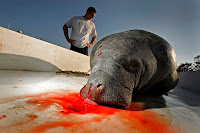





































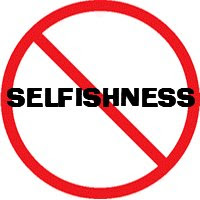



























































































































































































.jpg)





































































































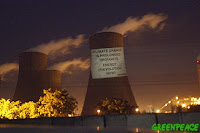



















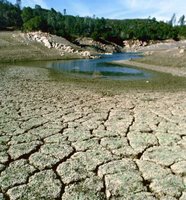

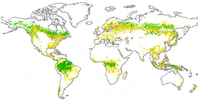








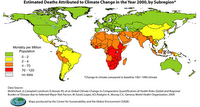
























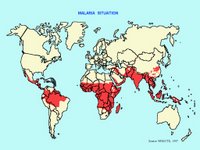



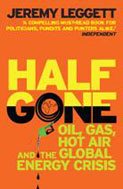
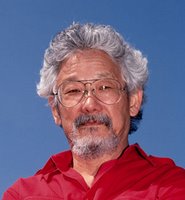





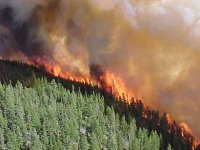

















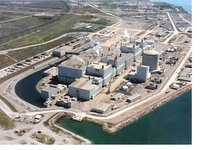












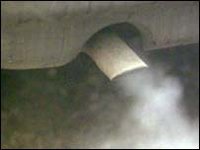

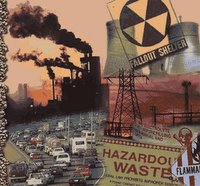




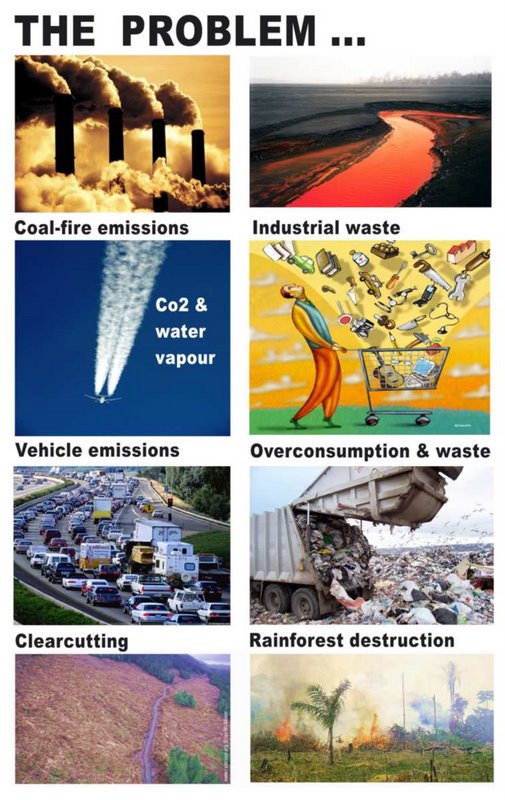

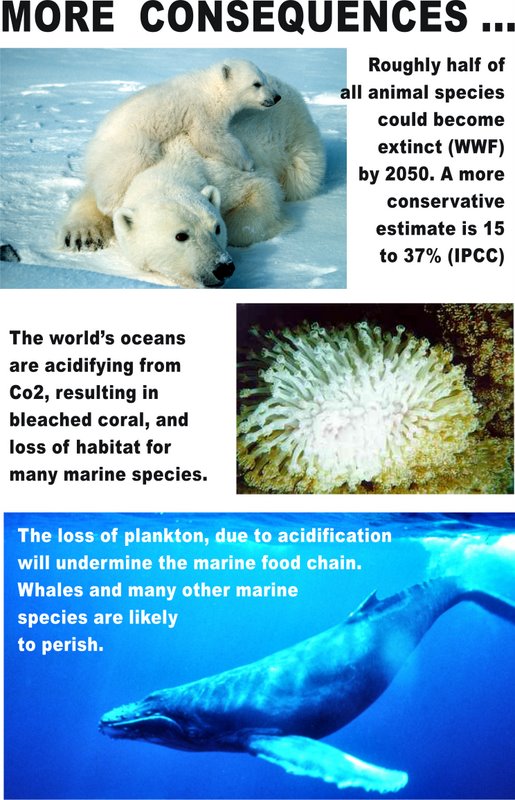
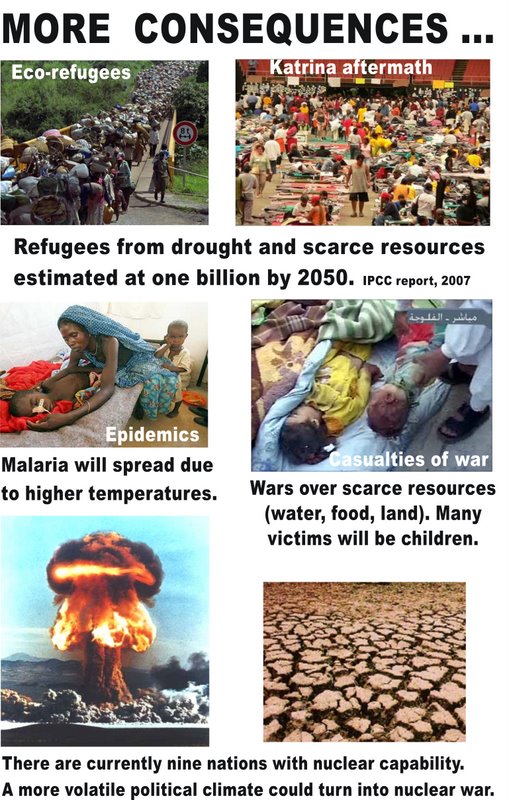

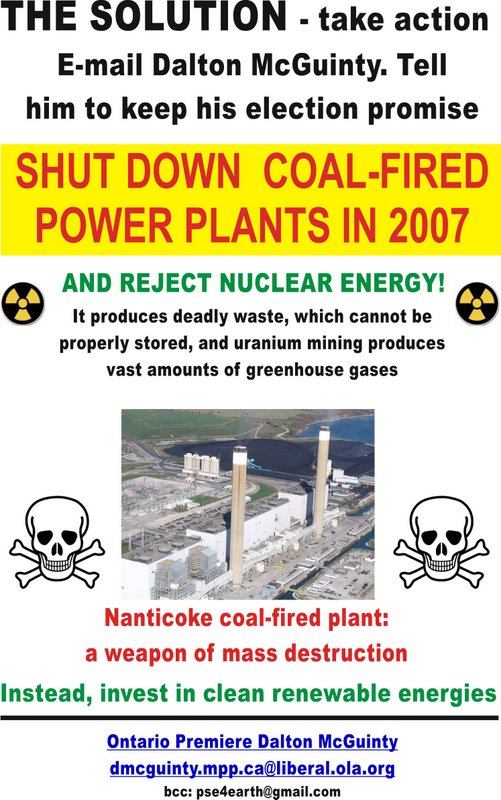

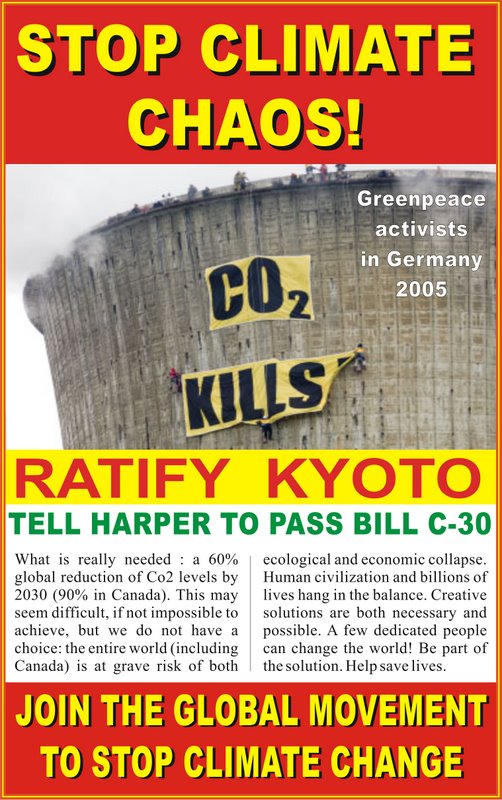

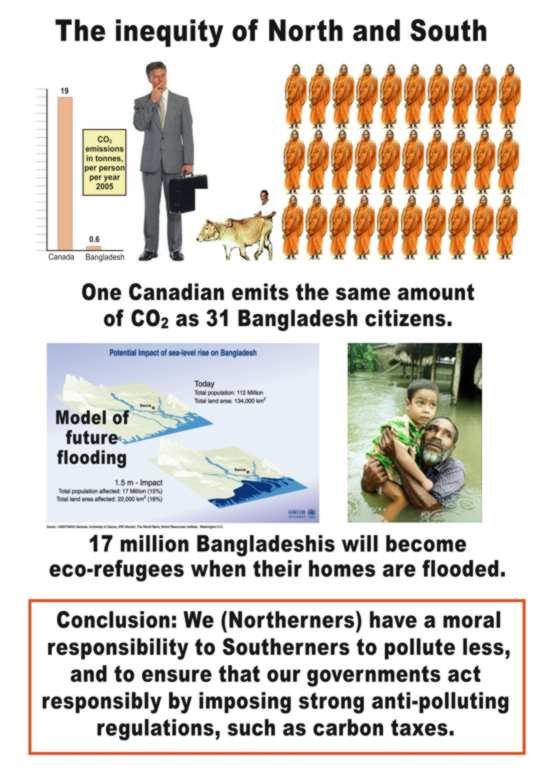










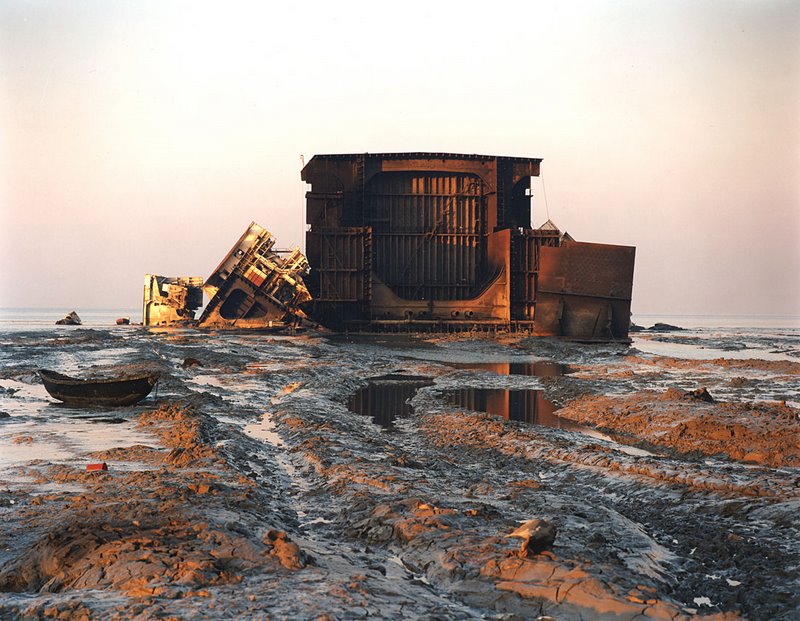







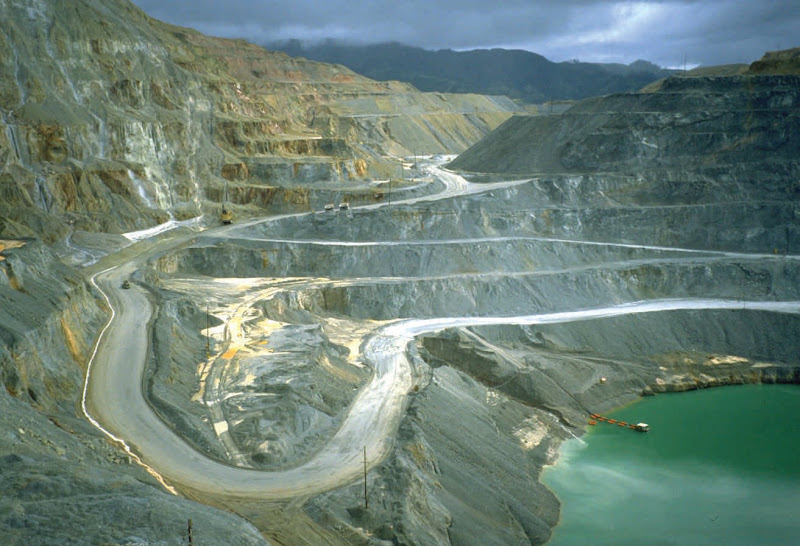
No comments:
Post a Comment